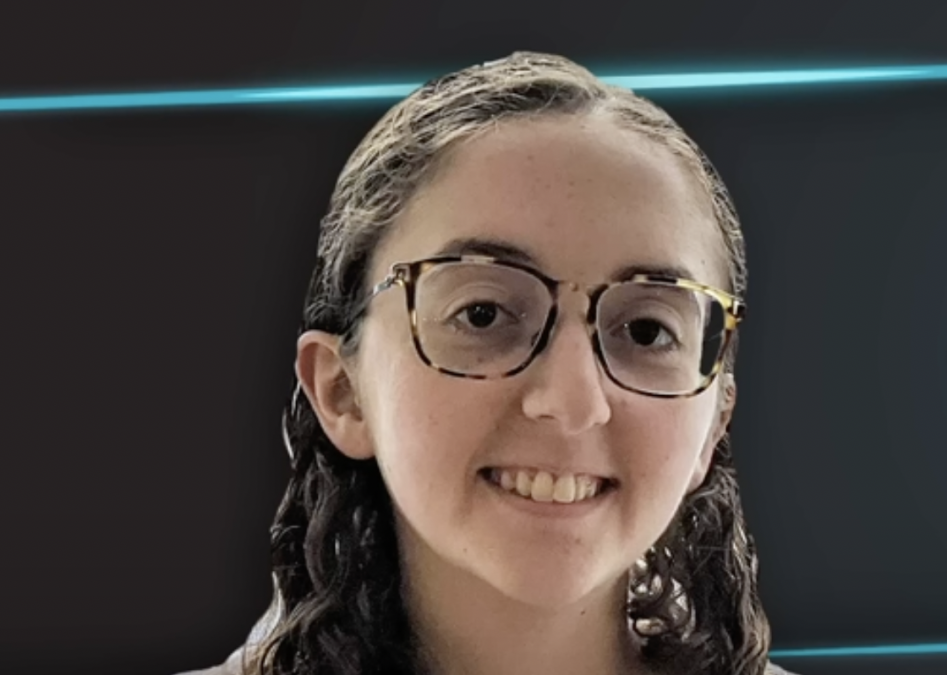The plea agreement between Ellison and the Southern District of New York US Attorney’s Office requires Caroline full disclosure of all the evidence and paperwork required by prosecutors.

A plea agreement could allow one of the crucial witnesses in the ongoing FTX investigation to escape all seven counts of accusations. Under the terms of the arrangement, Caroline Ellison, the former CEO of Alameda Research, would only face criminal tax prosecution and be eligible for an instant release after posting $250,000 bail.
The plea agreement between Ellison and the Southern District of New York US Attorney’s Office was made public on December 21. The paper states that the former Alameda executive will avoid all serious allegations, which could have resulted in a term of up to 110 years in prison.
Ellison was charged with seven offenses. She was charged by two with engaging in and conducting wire fraud against FTX customers. She allegedly plotted with two other people to commit wire fraud against Alameda Research’s lenders.
The 28-year-old was accused of conspiring to commit commodities fraud in count five, and securities fraud against equity investors of FTX was allegedly committed in count six. She was charged with conspiring to commit money laundering in the seventh count.

The Attorney’s Office agreed not to prosecute her on any of those seven offenses in exchange for Ellison’s cooperation — the full disclosure of all the evidence and paperwork required by prosecutors.
The arrangement does not offer Ellison defense from any additional charges that he might be subject to from other authorities. It also forbids any potential criminal tax prosecution, should such prosecution result from the judicial procedures.
The federal prosecutors conceded that they would not challenge Ellison’s release on bail, which included a $250,000 bond, a prohibition on leaving the country, and the surrender of all travel papers.
Meanwhile, the former CEO of FTX, Sam Bankman-Fried, was released on a $250 million bail package following his first US court appearance. The bail includes a $250 million personal recognizance bond, which is secured by his parents’ California house. The terms of it require him to stay with them and give his assent to electronic surveillance.